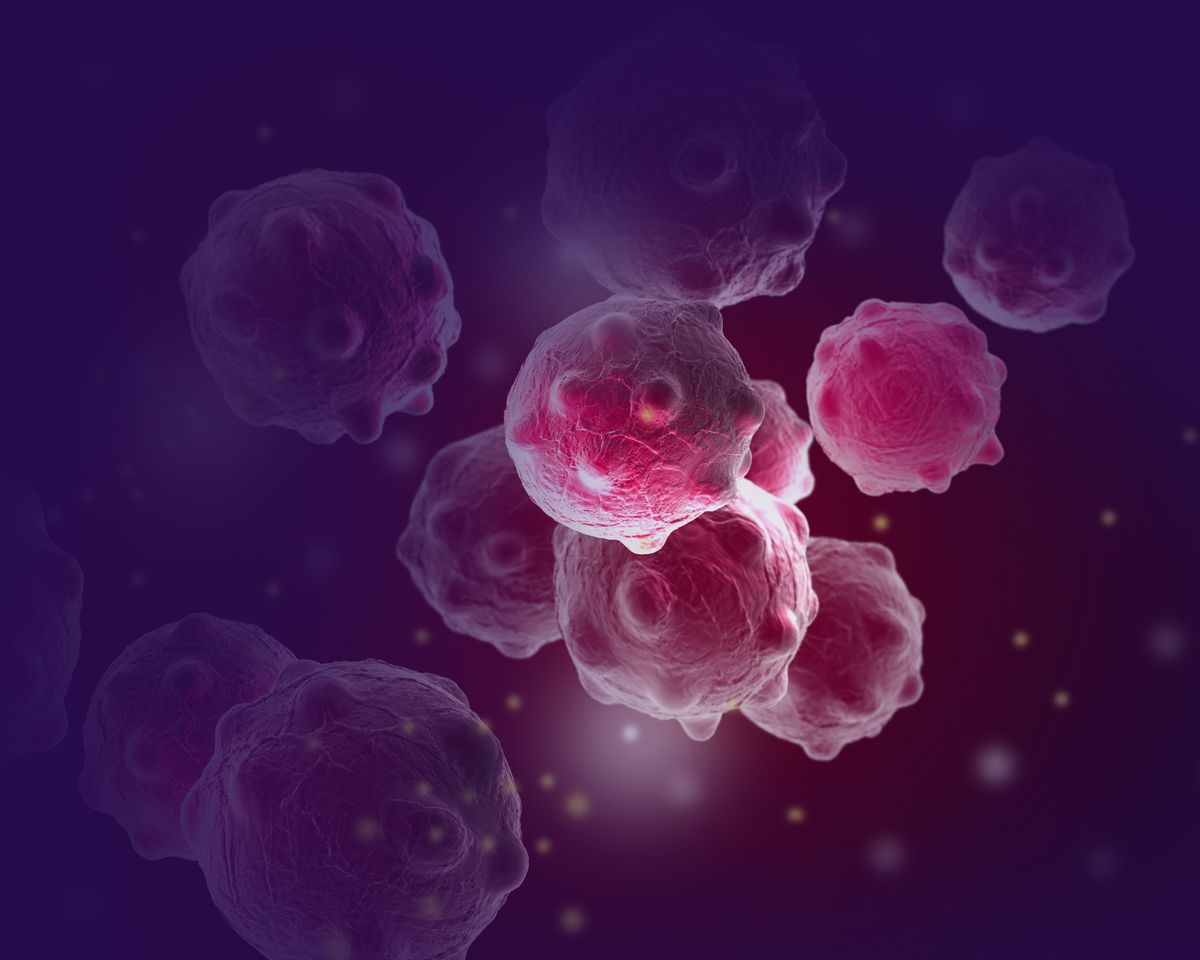Clinical trials on promising new all-cancer cure likely to begin this year

A few minutes every morning is all you need.
Stay up to date on the world's Headlines and Human Stories. It's fun, it's factual, it's fluff-free.
Recent advancements in an immune cell cancer treatment made by a Cardiff University team has found a new part of our immune system that can be used to treat all cancers.
The study is still in its preliminary stages and has yet to be tested on people.
Although “promising,” however, researchers say it would take “many years” for the new immune cell cancer treatment, which can reportedly attack a variety of cancers without needing tailored treatment, to be made available to the public.
Cardiff University researcher Professor Andrew K. Sewell told The Millennial Source that only a handful of patients will be selected to undergo a series of clinical trials set to begin as early as late this year.
“While we hope to enter clinical trials later this year or early next year, this will be for a handful of patients in-series. It is important that we know the therapy is safe and there is an established, standard pipeline to follow for this,” Sewell said.
The treatment has yet to be tested on a patient and is only “promising basic science result in the laboratory,” Sewell said.
How the immune cell treatment differ from chemotherapy or radiation therapy treatments
According to the findings published on Nature Immunology, Cardiff University researchers found that the T-cell, which is a type of white blood cell, is activated when in contact with defective or foreign cells in the body, which helps us fight off infections and diseases.
T-cell cancer therapies involve the removal and modification of a patient’s T-cells by adding an artificial receptor to the surface of the cell. These T-cells are later returned into the patient’s bloodstream, which scan the body to look for cancer and tumor cells that need to be removed.
Unlike the common treatment for cancers, the new immune cell treatment did not harm non-cancerous cells or normal tissues tested in the laboratory.
Chemotherapy is an invasive treatment that has produced side effects to its patients, during and after the therapy. Furthermore, the drugs used in chemotherapy treatments often target both cancer cells and healthy cells.
Radiation therapy, on the other hand, treats cancer by blasting high-energy waves to kill tumor cells in order to eliminate cancer without damaging too many healthy cells.
Is the new immune cell therapy really a one-size-fits-all cancer cure?
The scientists have tested the T-cell and its receptor on various types of cancers in mice and in human cells in the lab, which resulted in positive outcomes.
“In the laboratory, the cells actually killed most types of cancer we’ve tried them with,” Sewell said in an interview with the BBC.
Existing T-cell treatment
Existing immunology treatments with T-cell extraction activates the body’s natural defenses to fight cancer cells called chimeric antigen receptor T cell therapy. It is commonly used in treating blood cancers such as B-cell lymphoma, mantle cell lymphoma, multiple myeloma and acute myeloid leukemia.
Although the CAR T-Cell therapy has an 80 percent success rate, this form of treatment is not effective on “solid cancers.”
“Solid cancers” make up most cancers which are those that form tumors rather than blood cancers. Furthermore, existing T-cell treatment also causes temporary but severe side effects on most of its patients, such as changes in the brain that cause swelling, confusion and seizures.
[article_ad]




Comments ()